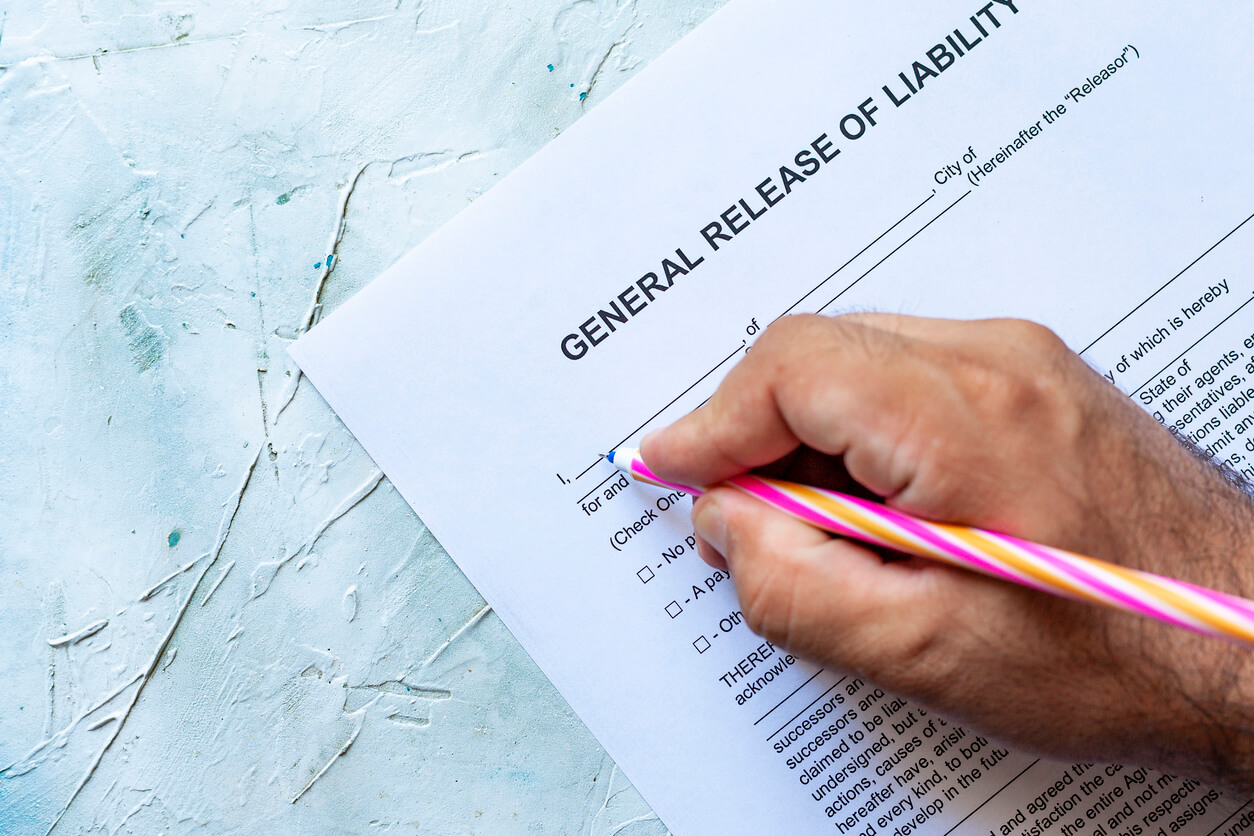Have you signed up at a gym and signed a waiver along with your new member paperwork? Has your kid gone on a field trip or signed up for a sports activity and a waiver was part of the multitude of forms you needed to complete and sign? These waivers include exculpatory clauses meant to protect a business or entity from being required to pay damages should the person subject to the waiver be injured or suffer harm while on the premises or participating in the specified activity. If you signed one of these waivers and were subsequently injured or your child was injured after signing, you may be considering your options and whether you have the option of overcoming the waiver to pursue monetary damages.
Can You Overcome a Waiver?
In certain situations, it is possible to overcome a waiver. Pennsylvania has parameters that waivers must meet in order to be valid and enforceable. Should a waiver fail to comply with such parameters, it may be rendered useless, and an injured party can proceed in seeking damages against the business or entity associated with the harm suffered
To be valid, a waiver must fall in line with public policy and must relate only to the private dealings of the parties involved in the waiver. Furthermore, the validity of a waiver is contingent on it not being a contract of adhesion. This means that the party agreeing to the waiver must not be under any compulsion to participate in the activity associated with the waiver. It cannot, therefore, relate to essential services. Waivers must only govern voluntary recreational activity.
To be enforceable, there are other criteria that must be met. For instance, the language of the waiver must be clear and unambiguous. Generalities are disfavored in waivers and more specific language is much more likely to be enforceable. The law tends to be suspicious at best of exculpatory language and any ambiguous terms of the waiver will likely be construed in favor of the party seeking damages against the party seeking to be shielded by the waiver. Courts will be wary of overbroad language in a waiver. A waiver that states you waive all liability by signing it will not likely stand up in court as enforceable. The party signing the waiver must be informed precisely as to what rights he or she is giving up.
Should there be any question that the waiver you signed was too general, runs afoul of public policy, is vague or unclear, or asks you to waive liability generally, including for reckless acts, it is likely that you will be able to overcome the waiver. In overcoming the waiver, you will be able to pursue damages against a negligent entity that caused you injury.
Philadelphia Personal Injury Attorneys
Have you or your child been injured while participating in a recreational activity? Did you sign a waiver and are unsure whether you have a claim? Talk to the knowledgeable team at Cooper Schall & Levy about your options. Contact us today.


